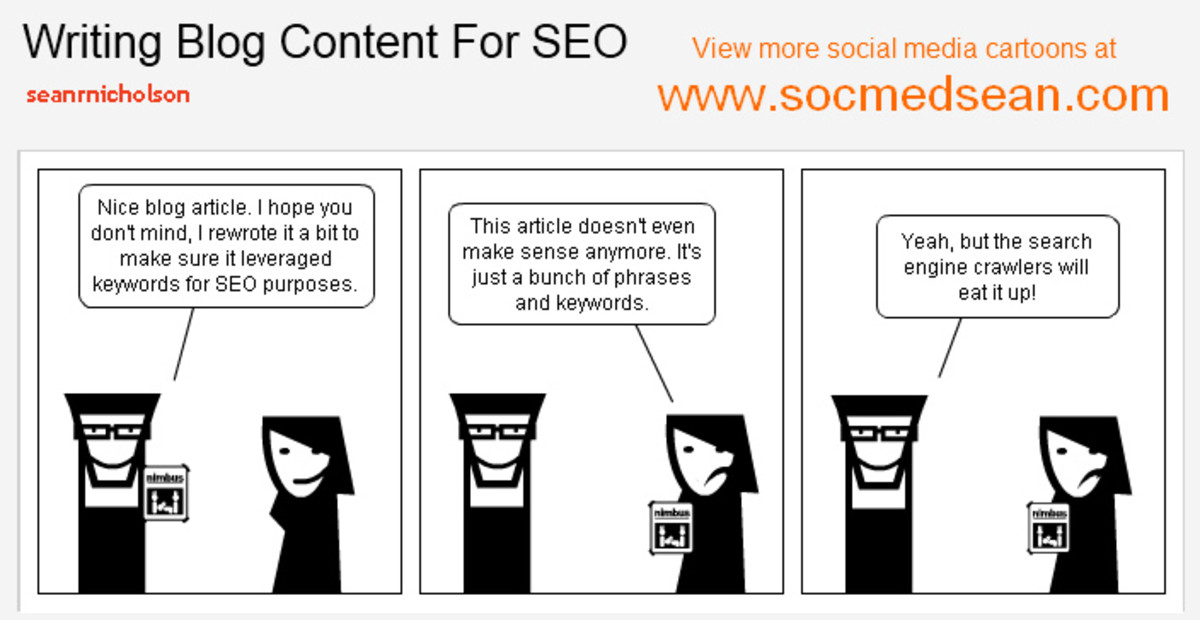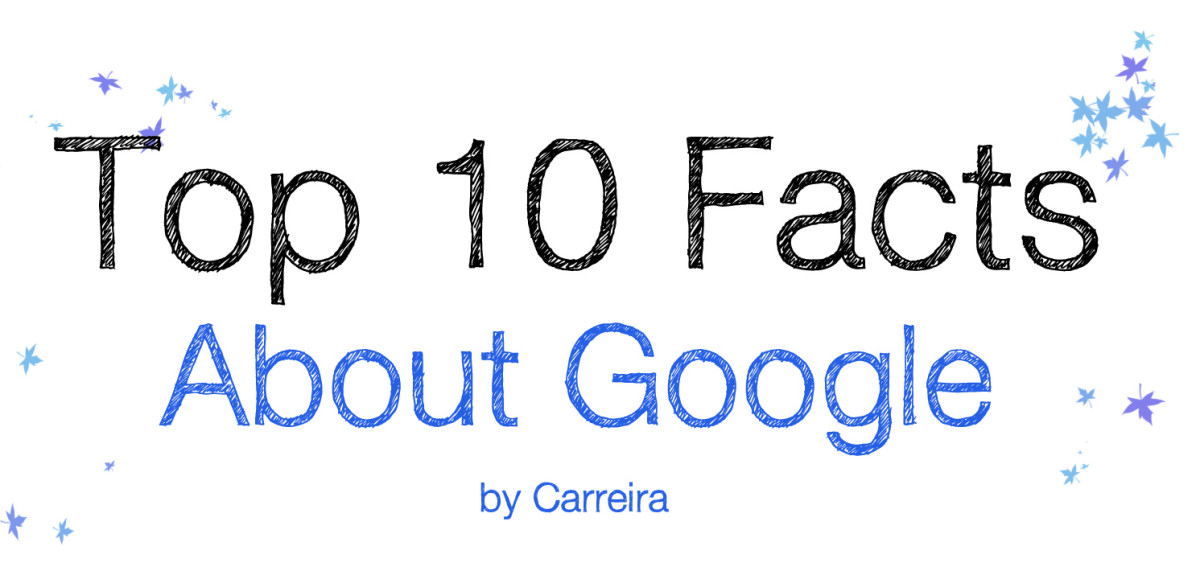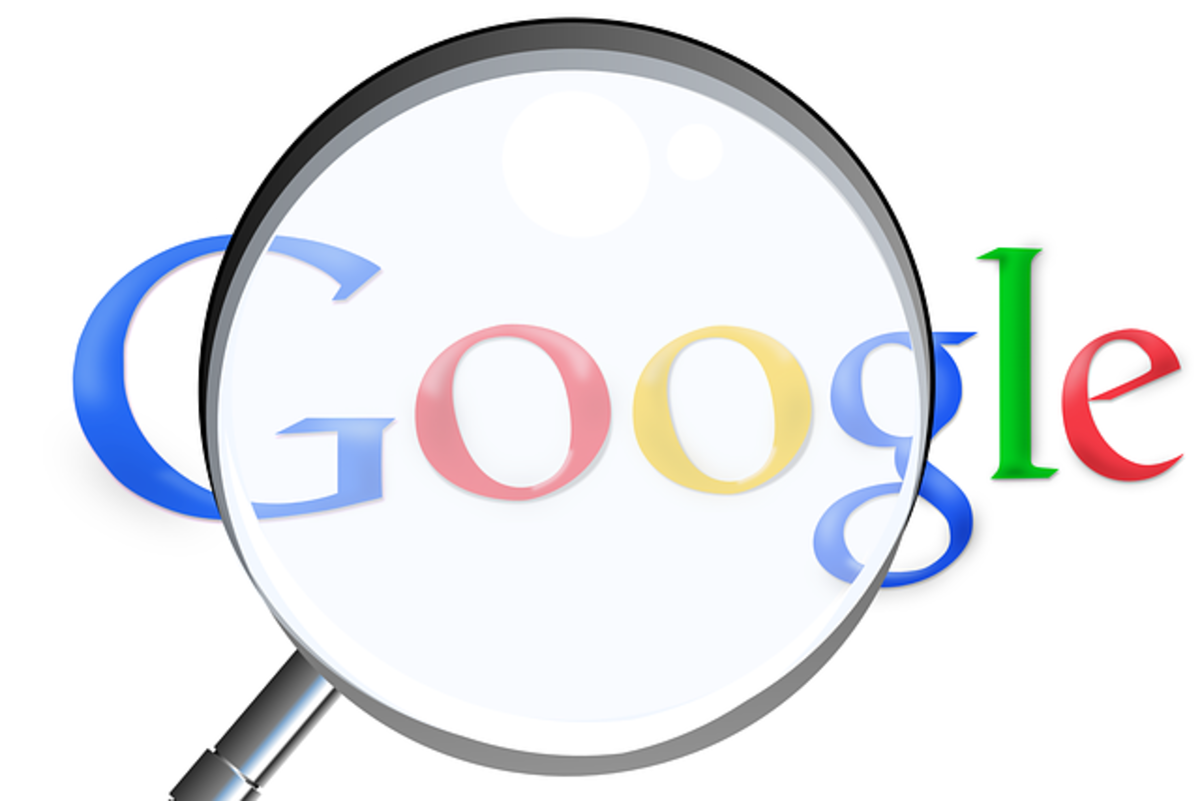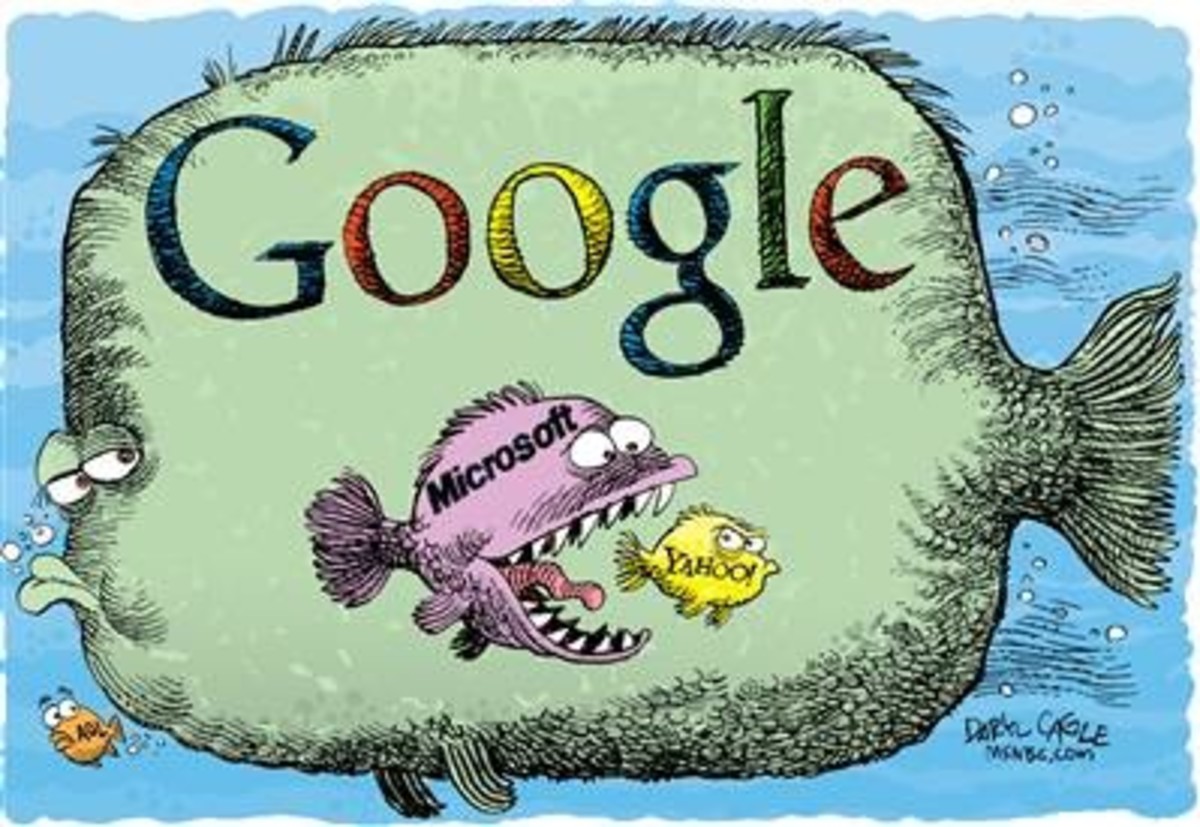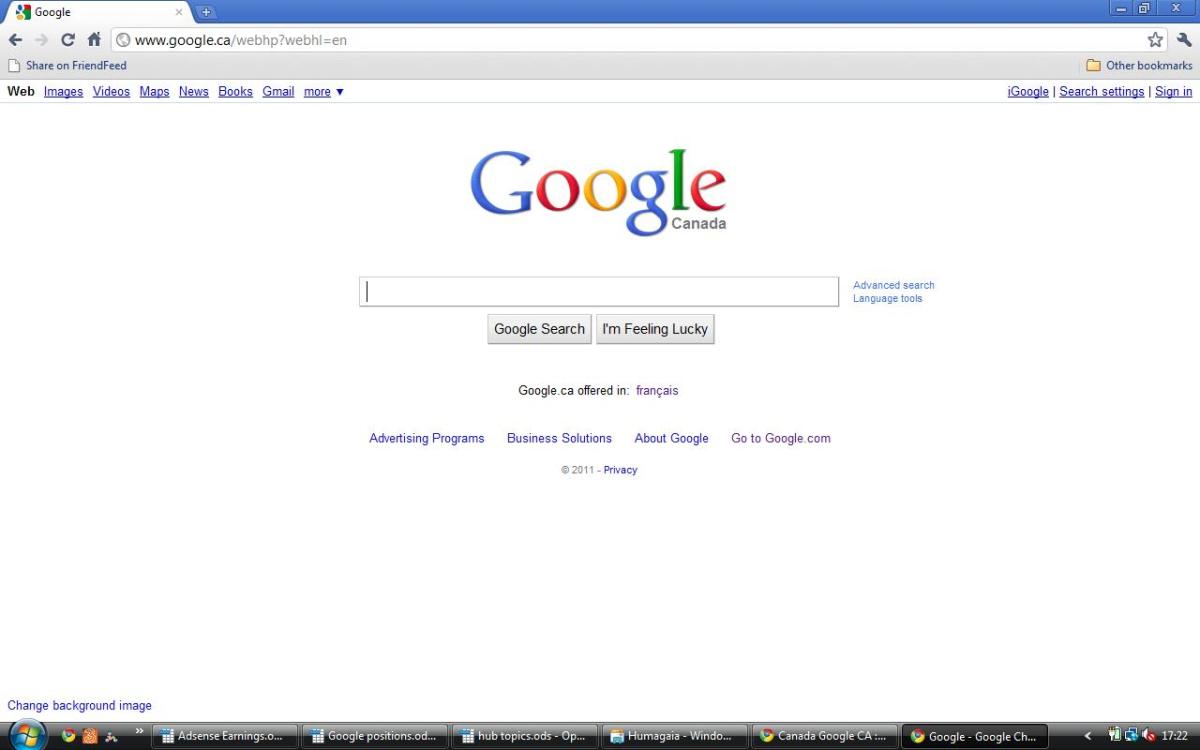- HubPages»
- Technology»
- Internet & the Web»
- Search Engines
Google's "Quality Content" Guidelines -- Do You Make the Cut?

How Google Rates Quality
Over the last five years, several editions of Google's "Quality Rater Guidelines" have been accidentally (?) leaked to the web. The latest version appeared last week, discovered inadvertently by someone doing a Google search to find out what search engines define as "quality content." Ironically, Google's own search engine turned up the leak. [Update September 2012: revised guidelines have been leaked; Google "Proprietary and Confidential – Copyright 2012″ google to find them.]
These guidelines are used by Google beta testers to help them refine and test the search engine's algorithm and make sure the results it generates are the best sites for each search query.
Considering that Google is quite happy to display our content in previews and "instant answers" so that no one ever need visit our websites, I don't feel too guilty about exploring some of the implications of these guidelines.
Learning what Google considers "quality content" can help us improve our own online writing and -- hopefully -- earn more traffic!
Make a Mission Statement
Here's an exercise I've suggested in other tutorials.
- Write the goal(s) of your webpage on a small post-it note (this forces you to be brief). What will your visitors get out of the page? What is the mission of this webpage?
- Review your page with the goals/mission statement in hand. Examine each sentence, photo, or link. Does it contribute to the mission? If not, consider removing that piece and using it on another webpage where it will fit the mission.
- Once you're done, rewrite your introduction to match your mission statement. You don't have to spell out the mission statement, but make it clear to your readers what the page is about and what they will get out of it by reading on. They will be satisfied when they find you've delivered on that promise.
Three Kinds of Searches
The whole document runs to 120+ pages. Here's some key lessons that I think are useful for aspiring online writers to consider.
First, Google classifies web searches into three broad categories, which are based on the visitor's goal or purpose in doing the search. Pretty obvious, huh? The three kinds of searches are, roughly:
- Looking up information about something.
- Performing an action or transaction, such as printing out a plane ticket, buying a fridge water filter replacement, or playing an online game with friends.
- Navigating to a particular page. For example, instead of going to their browser's bookmarks, or typing in a URL, they type "Amazon" meaning "Take me to Amazon.com".
Now, all this seems straightforward and obvious. But do our webpages satisfy one or more of those goals? If not, search engines -- at least Google's -- will probably not send us traffic. Our webpage must serve a purpose for our visitors. "Sharing my thoughts about X" may not be sufficient to earn search traffic. If you want traffic to webpages, ask yourself, "What's in it for the visitor?"
More specifically, think about what kind of task/search your visitor is doing. If they're liable to be coming to your page for information, how can you organize the information so that it's easy to follow (bullet points, an outline like a Wikipedia entry, bolded vocabulary) and doesn't waste their time with uninformative filler?
If they're coming to buy a book or accomplish some task, don't waste their time telling them how useful the page is, what your opinions are about X or Y, or making them have to perform three clicks to accomplish the action.
Be aware of what people coming to your page are looking for. Give it to them. This may be tricky if your page serves multiple purposes, but you can at least trim the fat and focus on the essentials.
How Google Classifies Quality Content
So, how do Google's raters actually rate content? It's all about relevance and usefulness. Not number of backlinks. Not keywords. Not pagerank. Those are all signals Google's search algorithm uses, measurable clues to help the computer algorithm approximate what Google is really trying to get at: How useful is the page to readers? Here's the rating scale Google uses (my discussion; their labels):
- "VITAL": The official webpage for a topic, the webpage that people mean when they type a query such as "Youtube." I think also this may refer to the original or go-to page for a topic, such as Chris Anderson's seminal 2004 article which coined and introduced the concept of "The Long Tail".
- "USEFUL": An extremely relevant page which is likely to satisfy most people's query or questions on the topic. This is probably why Wikipedia articles often grab the top rank.
- "RELEVANT": A useful page with good-quality content, but it's not quite as authoritative, or it includes not-so-relevant as well as highly relevant material, or it focuses on one aspect of the query. Unless we are experts in our field writing an authoritative guide on something we know well, "relevant" is probably the best we can aspire to.
- "SLIGHTLY RELEVANT": What it says. I fear that the majority of web content fits this label: it has some bearing on the topic, but it's not incredibly useful, and there's more relevant pages out there that do a better job of answering a particular query.
- "OFF-TOPIC": Something that turns up for a search query that doesn't fit. ("Dangit, I searched for Amazon, and I meant the river / jungle, not the Greek mythological figure or Amazon.com).
There's a lot more subdivisions and special cases which the rating guide talks about, but that's enough to give us a general idea of how Google thinks about webpages.
Notice that these ratings apply to a particular search query. After all, that's what search engines are all about: trying to serve up the best page(s) for each particular search a user types in. This means that if you want search traffic, it's best to write write focused content that sticks to a topic (think of old Star Wars: "Stay on target...stay on target..."). If your webpage covers many things well, it is likely to be outranked by a webpage that covers one thing well.
You may choose to rely on other ways to get traffic to your pages: social promotion, word of mouth, your reputation. But if you want search engine traffic, your webpage must be as relevant and useful as possible for your page's main topic/goal/keyword.
Note that "useful and relevant" doesn't necessarily mean "comprehensive": for some search queries, people are looking for particular things, not an essay. Think of all the science fiction shows where someone tells the library computer halfway through a recitation, "Stop! Narrow query to [blah]" when the computer starts nattering at length.
How Google Defines Webspam
Google defines webspam as practices or pages which attempt to manipulate search engines into sending them traffic. So be careful about fishy practices that misrepresent what's on your page.
It's okay to be self-promotional and get your message out there so your readers can find your content. It's okay to use SEO so that search engines send the people who would be interested in your content. That's matching reader needs with your needs. It's not okay to try to trick search engines into thinking your message is more relevant and useful than it is.
Let's pause for this message from Matt Cutts, Google Spokespundit, who talks about the difference between spammy and honest SEO:
Matt Cutts of Google: SEO Is Not Spam
Affiliate Links and Shallow Content
Google's quality rater guidelines have an entire section devoted to affiliate marketing: the proces of promoting products or services for which one gets a commission.
Google's guidelines state that not all affiliate marketing is spam, but the quality is dependent on how useful the content is to visitors, NOT how it benefits affiliates, advertisers or merchants. For example, a product review that compares the features, pros and cons of ten digital cameras is useful to the consumer. A camera review that includes examples of photos taken in low lighting, of fast-moving objects, or long distance may help a reader determine whether that camera meets their needs. On the other hand, if a review simply quotes manufacturer's specs and quotes a customer review found on Amazon, the affiliate has provided no useful content that cannot be found easily eslewhere.
Be useful. Be relevant. If you are selling something, be a concierge providing information/resources to help someone find what they're looking for. Don't just be a car salesman whose goal is to sell cars. Be a car salesman helping people find the car that meets their needs.
© 2011 Ellen

